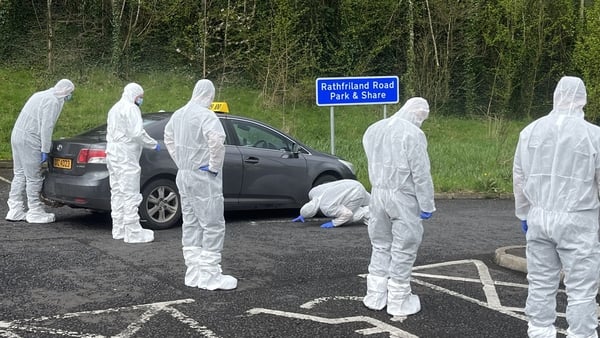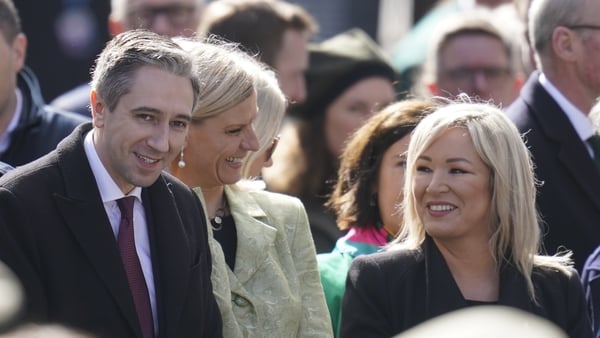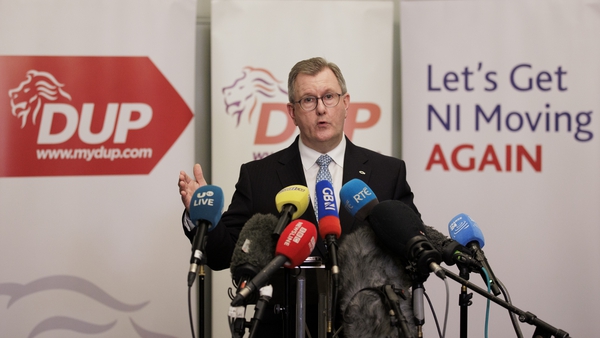The Irish Congress of Trade Unions says some progress has been made in talks with the government on collective bargaining rights, which is one of the main issues on the agenda for discussion during ICTU’s two day biennial conference in Belfast.
ICTU delegates will discuss a number of motions on collective bargaining rights tomorrow.
Speaking ahead of the debate, General Secretary Patricia King said some progress has been made during discussions with a high level group established to consider the issue earlier this year.
She said unions have been encouraged by European Union plans to introduce a directive on the issue.
If that becomes legislation across the EU, she said, it will be an immense help in the campaign to amend Ireland's Constitution to guarantee the rights of trade unions to engage in collective bargaining.
We need your consent to load this rte-player contentWe use rte-player to manage extra content that can set cookies on your device and collect data about your activity. Please review their details and accept them to load the content.Manage Preferences
Ms King said: "I think there are lots of mountains to climb, we have a high level group, there are very serious but very delicate complex discussions going on.
"I wouldn't like to call it yet, but what I hope we'll be reporting to delegates that we have made some progress. I think the trade union movement looked at this high level group, and we did that because Europe are going to produce a directive, we hope next year, that directive will commit to 70% collective bargaining coverage for workers across Ireland and across the EU. From our perspective that's really helpful.
"In the beginning, the government in the Republic of Ireland was quite resistant to it, they have somewhat changed their position on it following discussions with ourselves and others.
"So from our perspective, we’re I suppose hinging our debate relative to that new directive, because that EU Directive will remove some of the obstacles in terms of constitutional challenges and so on. If the directive becomes real and live and becomes a piece of legislation that will help us immensely to achieve the collective bargain coverage that we should have in the state."
300 delegates from both sides of the border are attending the event in person, with around 200 others joining remotely.
Other issues on the agenda include the right to work from home, Brexit and the impact on workers, housing, climate change and public policy lessons of the Covid-19 pandemic.
Representatives of the five parties in the Stormont Executive shared a stage this morning to outline their positions on workers' rights and implementation of Clause X in the New Decade New Approach Agreement, which led to the restoration of the Assembly in January last year after three years of suspension.
The clause includes a commitment to "an enhanced focus within the Programme for Government on creating good jobs and protecting workers' rights".
Earlier, Ms King said the pandemic highlighted that often the workers who are most depended upon are under-valued and under-paid and also highlighted the value of workers across the economy.
She said this issue must be addressed and the best way to do this is to enable workers to collectively bargain with their employer.
Speaking on RTÉ's Morning Ireland, she said this is a common practice across Europe, but does not happen in Ireland.
In addition, Ms King said issues of sick pay and remote working must be addressed.
She said that remote working does not decrease or damage productivity levels and that the right to disconnect is extremely important for remote workers.






